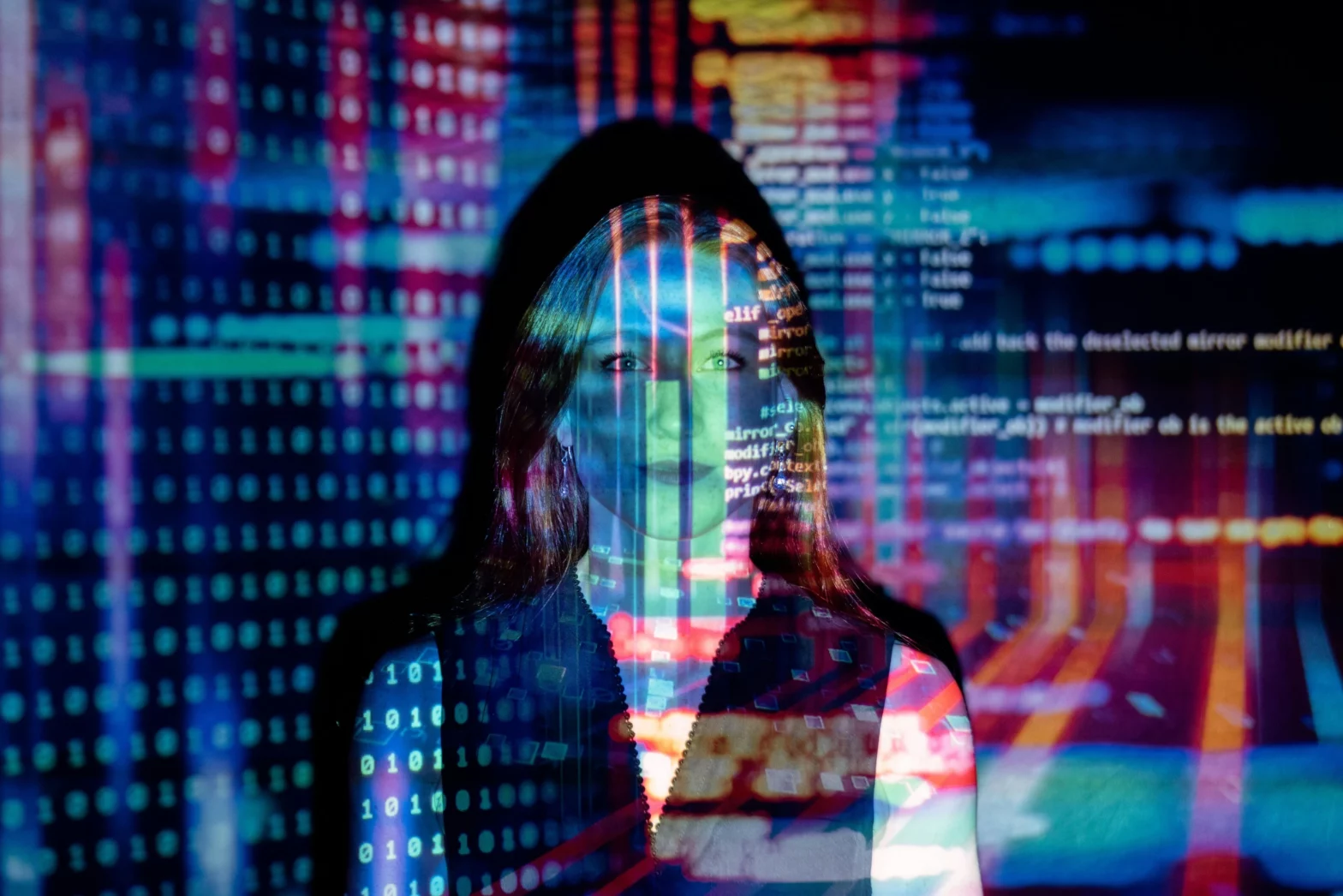The advent of artificial intelligence has brought about transformative changes across various sectors, and the music industry is no exception. Among the latest innovations is AI voice cloning, a technology that has the potential to redefine music production, performance, and consumption. But what exactly is AI voice cloning, how is it done, and what implications might it hold for artists and the music industry?
What is AI Voice Cloning?
AI voice cloning refers to the process of using artificial intelligence to create a digital replica of a person’s voice. This technology can mimic not only the tone and pitch but also the unique characteristics and nuances of an individual’s voice, making it virtually indistinguishable from the real thing. In the context of music, this means that the voices of singers, both living and deceased, can be recreated to perform new songs, generate harmonies, or even interact with fans in novel ways.
How Does AI Voice Cloning Work?
The process of AI voice cloning involves several key steps:
- Data Collection: To create an accurate voice clone, a substantial amount of high-quality audio data of the target voice is needed. This data serves as the foundation for the AI to learn and replicate the voice’s characteristics.
- Training the Model: The collected audio data is fed into a machine learning model. This model, often based on deep learning techniques, analyses the voice data to understand the patterns, tones, pitches, and other unique features.
- Voice Synthesis: Once trained, the AI model can generate new audio that sounds like the target voice. Text-to-speech algorithms are typically used, where the AI converts written text into spoken words in the cloned voice.
- Fine-Tuning: To ensure the cloned voice is as accurate and realistic as possible, fine-tuning is necessary. This involves adjusting the AI model to correct any anomalies or inaccuracies in the synthesised voice.
The Impact on Artists and the Music Industry
AI voice cloning presents a plethora of opportunities and challenges for artists and the music industry at large.
Opportunities
- Reviving Legendary Voices: AI voice cloning can bring the voices of iconic artists from the past back to life. Imagine hearing new music featuring the voices of Elvis Presley, Freddie Mercury, or Whitney Houston. This technology can create new experiences for fans and introduce legendary voices to new generations.
- Creative Collaborations: Artists can use voice cloning to collaborate in ways that were previously impossible. For example, a contemporary artist could create a duet with a deceased artist, offering a unique and nostalgic blend of past and present.
- Personalization: AI voice cloning allows for personalised music experiences. Fans could have custom songs or messages created in the voice of their favourite artist, deepening their connection to the music.
- Accessibility and Convenience: For artists, voice cloning can provide a solution when they are unable to record due to health issues, scheduling conflicts, or other reasons. The AI clone can stand in, ensuring that projects remain on schedule.
Challenges and Concerns
- Authenticity and Originality: The use of AI voice cloning raises questions about authenticity. If a song is performed by an AI clone rather than the actual artist, is it still an authentic representation of the artist’s work? This blurring of lines between human and machine-generated music could lead to debates about originality and artistic integrity.
- Legal and Ethical Issues: The use of an artist’s voice clone without proper authorization can lead to significant legal and ethical challenges. There needs to be clear legislation and guidelines to protect artists’ rights and ensure their voices are not used without consent.
- Economic Impact: While AI voice cloning could reduce production costs and offer new revenue streams, it could also impact the livelihoods of session singers and voice artists. The industry will need to navigate these changes to ensure fair compensation and opportunities for human talent.
- Emotional Disconnect: Music is deeply emotional and often resonant because of the human touch behind it. There’s a risk that AI-generated voices might lack the emotional depth and authenticity that comes naturally to human performers, potentially affecting how music is received by audiences.
The Future of AI Voice Cloning in Music
As AI voice cloning technology continues to evolve, its integration into the music industry seems inevitable. To harness its potential while mitigating risks, the industry must approach it thoughtfully. Collaboration between technologists, artists, and legal experts will be crucial in establishing standards and practices that honour artistic integrity and creativity.
Moreover, the industry might see new roles and professions emerging, such as AI voice designers and ethical consultants, who will help navigate the complex landscape of AI-generated music.
In conclusion, AI voice cloning in music represents a groundbreaking development with the potential to revolutionise how we create and experience music. While it offers exciting possibilities for innovation and creativity, it also challenges our notions of authenticity and artistic expression. As with any technological advancement, the key will be finding a balance that respects the artistry and emotional depth that make music so profoundly impactful.

